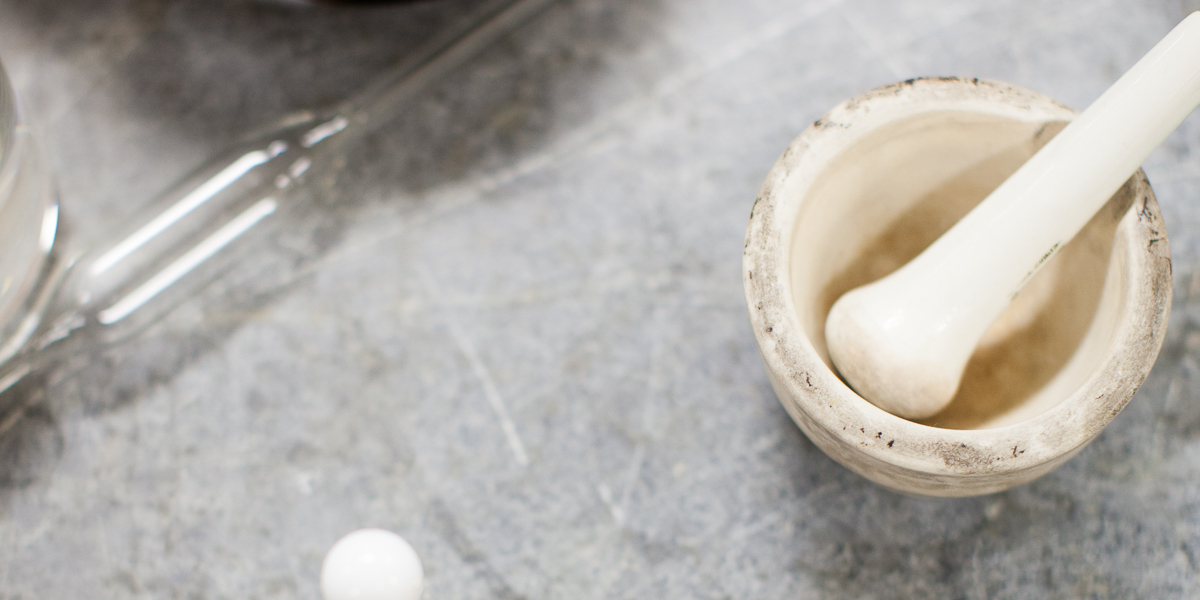

Venture Boldly

Explore other majors & minors
Helen Hoyt
Chair & Associate Professor of Chemistry
2 East South Street
Galesburg, IL 61401-4999

B.A., B.S., Minor
Because modern chemistry relies heavily on sophisticated instruments, a well-equipped chemistry department is important. Knox provides all the instrumentation a chemist needs, including:
The Knox chemistry curriculum has three levels of comprehensiveness:
The major requires 11 credits in general, analytical, organic, inorganic and physical chemistry, advanced studies, calculus and the senior seminar. In addition to major requirements, students preparing for graduate school or professional careers in chemistry are advised to take advanced inorganic and physical chemistry, two upper-level courses in instrumentation, and a two-term sequence in general physics.
Students may also receive certification by the American Chemistry Society by taking, beyond the professional major, one biochemistry course and two additional advanced electives in the department (one elective may be in advanced physics or mathematics). Also recommended for ACS certification are a course in expository writing and an introductory course in computer science.